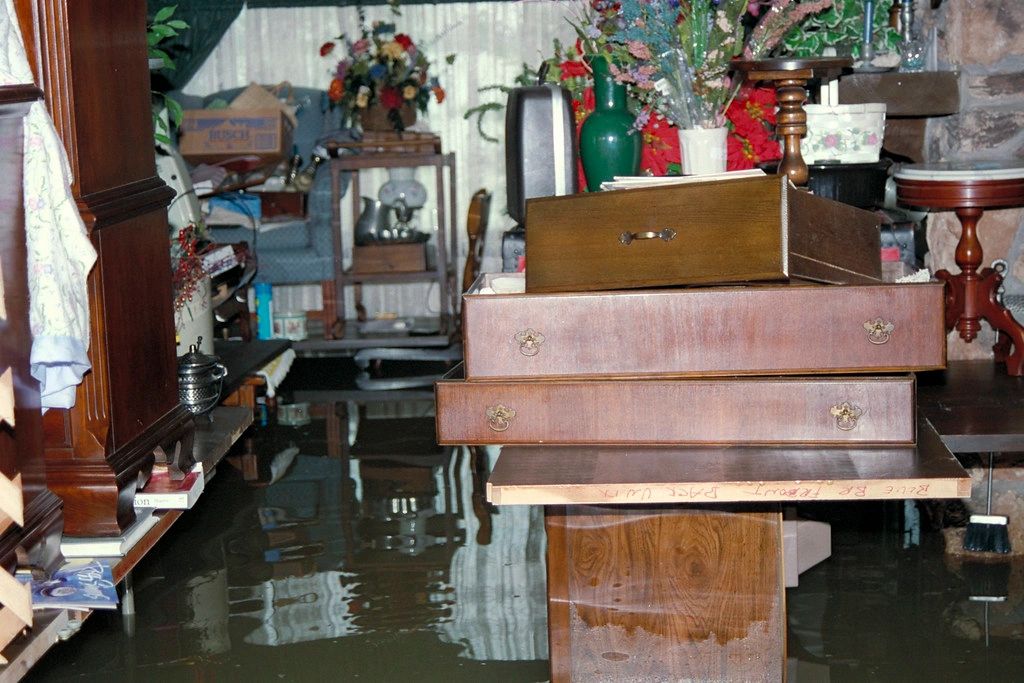Understanding Water Damage Insurance Claims
Water damage can be overwhelming, but having a clear claims process and working with your insurance adjuster can make recovery much smoother. Whether it’s a burst pipe, roof leak, or appliance failure, knowing how to file a claim properly ensures you get the support and compensation you need.
Common Challenges Homeowners Face with Water Damage Claims:
- Uncertainty about coverage – Not all water damage is covered under standard policies.
- Delays in processing – Claims take time, especially during widespread weather events.
- Low initial estimates – Adjusters rely on standard calculations that may not reflect actual repair costs.
- Denial due to maintenance issues – Gradual leaks or neglect may not qualify for coverage.
By understanding these challenges and working closely with an insurance adjuster, you can navigate the claims process confidently. In the next section, we’ll outline essential water damage insurance claim tips to help you get the best outcome.
Essential Water Damage Insurance Claim Tips
Filing a water damage insurance claim the right way can significantly improve your chances of a smooth process and a fair payout. Here’s what to do:
Take Immediate Action
- Shut off the water source to prevent further damage.
- Move valuables away from the affected area and begin drying surfaces if safe.
Document Everything Thoroughly
- Take clear photos and videos of all affected areas.
- Make a detailed list of damaged belongings, including purchase dates and values.
- Keep receipts for emergency repairs and temporary accommodations if needed.
Contact Your Insurance Provider Promptly
- Report the damage as soon as possible to start the claims process.
- Ask about next steps, coverage details, and required documentation.
- Request a copy of your policy’s water damage coverage for reference.
Work Closely with Your Insurance Adjuster
- Be present during their inspection and provide all necessary documentation.
- Maintain open and professional communication throughout the process.
- If you need additional support, consider hiring a public adjuster to help negotiate.
By following these steps, you can ensure your claim is processed efficiently and receive the maximum payout you’re entitled to.
What Insurance Covers vs. Excludes in Water Damage Claims
Not all water damage is treated equally by insurance policies. Below is a breakdown of what’s typically covered and what’s excluded under most homeowners’ insurance plans:
| Covered | Not Covered |
|---|---|
| Burst pipes | Gradual leaks (ongoing, undetected issues) |
| Sudden appliance failure | Lack of maintenance-related damage |
| Roof leaks (from storms) | Flood damage (requires separate policy) |
| Ice dams causing interior damage | Sewage backup (without an endorsement) |
If your claim is denied due to exclusions, review your policy carefully and consult your insurance adjuster to explore possible solutions.
How to Work with an Insurance Adjuster After Water Damage
Your insurance adjuster is a key player in ensuring your water damage insurance claim is processed fairly. By partnering with your adjuster and preparing properly, you can help make the process smoother and more efficient.
What to Expect When Meeting an Adjuster:
- The adjuster will inspect the damage, take photos, and document their findings.
- They may ask about the cause of the water damage and any steps taken.
- Expect a detailed estimate outlining repair costs and covered damages.
Key Strategies for a Positive and Productive Process:
- Provide all necessary documentation – Photos, receipts, and an itemized damage list.
- Communicate openly – Adjusters are there to help; clear information makes their job easier.
- Ask questions – If anything is unclear, seek clarification to avoid misunderstandings.
How to Handle Settlement Negotiations:
- If the estimate seems low, gather quotes from contractors and share them with the adjuster.
- Be patient—adjusters work within policy limits, but they can adjust estimates with evidence.
- If needed, consider a public adjuster for additional support in complex water damage claims claims.
Preventing Water Damage & Future Claims
While insurance can help recover losses, preventing water damage in the first place saves time, money, and stress. Here’s how:
- Regularly inspect plumbing, appliances, and roofs for early signs of leaks.
- Install a water leak detection system to catch issues before they escalate.
- Keep gutters and downspouts clear to prevent overflow and ice dams.
- Seal foundation cracks and ensure proper drainage to avoid seepage.
- Know your insurance policy and consider endorsements for flood or sewage backup coverage.



